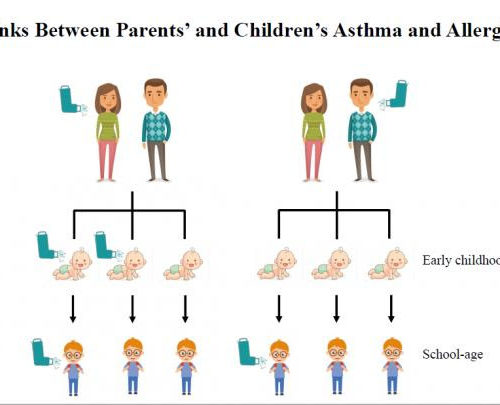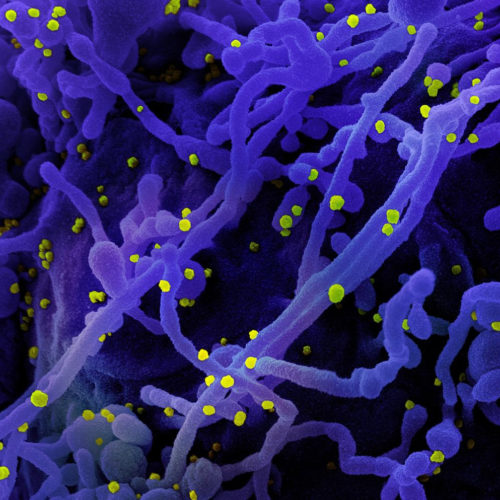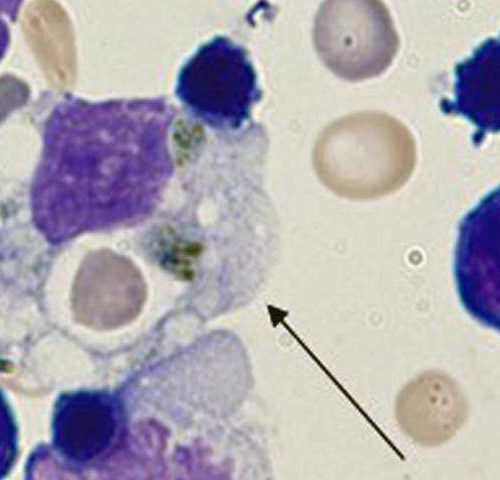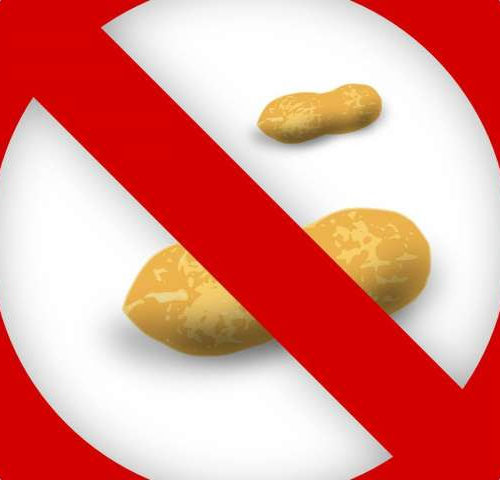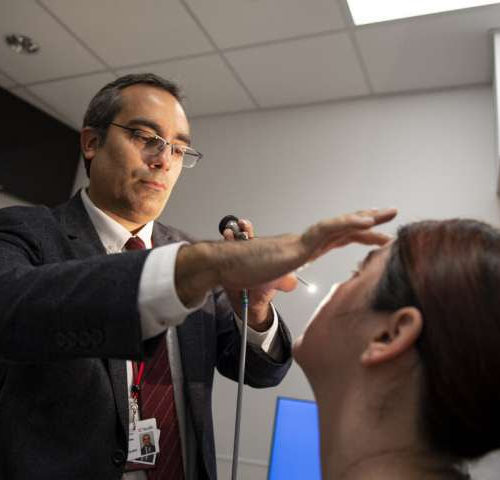International team of scientists discover link between genes and penicillin allergy using biobanks from Estonia, UK and USA Penicillin, a life-saving medicine, is the most common cause of drug allergy, with clinical manifestations ranging from temporary skin reactions to life-threatening systemic syndromes. Thus far, genetic factors have only been found for rare severe allergic reactions...
Tag: <span>Allergy</span>
Dietary control of the healing of injury-induced inflammation
This article by Dr. Barry Sears and colleagues is published in Anti-Inflammatory & Anti-Allergy Agents in Medicinal Chemistry, 2020 BENTHAM SCIENCE PUBLISHERS Injuries induce the initiation of inflammation to control the damage. However, the resolution of the injury-induced inflammation leading to healing is not well characterized. This new article by researchers at the Inflammation Research...
Links between parents’ and children’s asthma and allergies
NEW RESEARCH FOUND THAT, COMPARED WITH A FATHER’S TRAITS RELATED TO ALLERGIES AND ASTHMA, A MOTHER’S TRAITS CREATE A HIGHER RISK THAT A CHILD WILL DEVELOP THESE SAME TRAITS IN…view more CREDIT: HANS BISGAARD New research found that, compared with a father’s traits related to allergies and asthma, a mother’s traits create a higher risk...
US Coronavirus Status is “Really Not Good” As Country Remains On “Knee-Deep” in First Wave of Cases, Fauci Warns
The United States is still “knee-deep” in its first wave of COVID-19 infections and must act quickly to tackle the recent surge, a health expert warned. Anthony Fauci, director of the National Institute of Allergy and Infectious Diseases, speaks during a Senate Health, Education, Labor and Pensions Committee hearing on efforts to get back to...
NIH investigators hope CD47 study leads to broad-spectrum infectious diseases immunotherapy
National Institutes of Health investigators and colleagues have discovered that when the immune system first responds to infectious agents such as viruses or bacteria, a natural brake on the response prevents overactivation. Their new study in mBio describes this brake and the way pathogens such as SARS-CoV-2, the virus that causes COVID-19, turn it on....
Anaphylaxis-preventing pill offers new hope for severe allergy sufferers
By Rich Haridy June 07, 2020 Promising new research from Northwestern University is reporting progress in the development of an anaphylaxis-preventing pill. The drug, initially designed as an alternative to chemotherapy for some types of cancer, could hypothetically be taken before meals to prevent serious allergic reactions. BTK inhibitors are relatively new drugs, originally designed...
Research points to treatment for COVID-19 cytokine storms
by Cincinnati Children’s Hospital Medical Center A microscopic photo of a blood smear from a transgenic mouse that mimics the human immune disorder, secondary HLH (hemophagocytic lymphohistiocytosis). The image shows macrophage immune cells (indicated by arrow) flooding healthy tissue cells during a cytokine storm caused by HLH in a very similar fashion t what occurs...
New insights on allergies may improve diagnosis and treatment
by Brian Burns, Massachusetts General Hospital Results from a study led by investigators at Massachusetts General Hospital may help to improve the diagnosis and treatment of allergies, pointing to a potential marker of these conditions and a new therapeutic strategy. The research is published in Nature. Nearly one third of the world’s population suffers from...
By the third day most with COVID-19 lose sense of smell
by Cedric Ricks, University of Cincinnati A University of Cincinnati researcher says a study of COVID-19 patients shows loss of the sense of smell is most likely to occur by the third day of infection with the novel virus. Most of these patients are also experiencing a loss of the sense of taste. The prospective,...
Watch: How does Gilead’s experimental drug remdesivir work against the coronavirus?
By ALEX HOGAN Gilead Sciences’ experimental drug remdesivir has been gaining traction as a potential Covid-19 treatment, and late last week scored an emergency use authorization from federal regulators for it to be used in patients with the condition. Preliminary data released last week from a closely watched trial run by the National Institute of...

